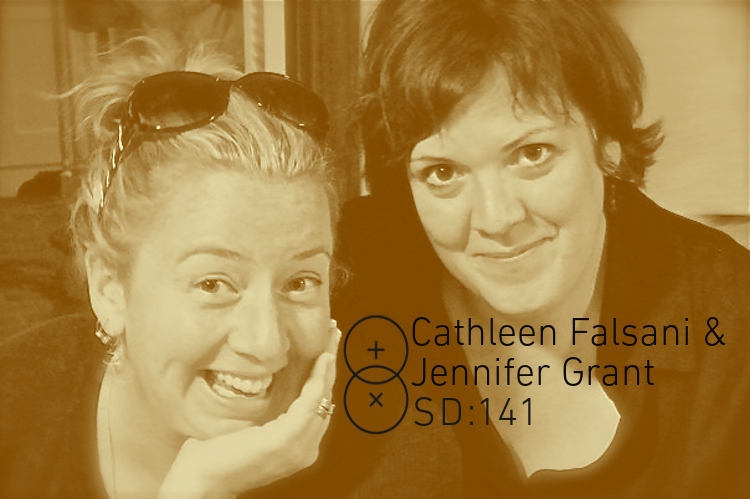Before I started blogging I had a big tent view of evangelicalism. Basically anyone who claimed to follow Jesus as their Lord & Savior, and gave some kind of authority to the Bible, I considered an evangelical. I’ve grown to realize, this isn’t most people’s definition of evangelical. This is important because in the past on this blog and on Seminary Dropout I’ve described myself as an evangelical. I don’t know if I’ll keep using that term to describe myself. It’s not that my theology has changed so much as I’ve either had the wrong definition, or the definition has evolved into something else.
Either way I think it’s important to outline the ways I am and am not an evangelical.
1. So far as being an evangelical means reading the
Bible as a flat document absent of thematic messages
throughout, I am not an evangelical. 
So far as being an evangelical means believing
in the authority of God through scripture,
I am an evangelical.

My friend Micah J. Murray has pointed out in the past, the problem of ‘the Bible clearly says’ mentality. The problem being that when that phrase is invoked, the Bible many times does not clearly say what that person thinks it means when taken in the context of the Bible as a whole. We can take isolated verses and sentences from the Bible and construct a theology that fits our worldview just fine, but the Bible demands to be read differently.
This does not however mean that I don’t believe in the authority of scripture. As N.T. Wright says in his book ‘The Last Word: Scripture and the Authority of God- Getting Beyond the Bible Wars’,
…the phrase ‘authority of scripture’ can make Christian sense only if it is a shorthand for ‘the authority of the triune God, exercised somehow through scripture.’
Almost all of the following reasons are based upon this first one.
2. So far as being an evangelical means seeing science
as the enemy of faith or even rejecting the bulk of science
on grounds of faith, I am not an evangelical.
So far as being an evangelical means reading the creation
story the way it intends to be read and seeing the power,
glory, and goodness of God in that story, I am an evangelical.
 You may have heard the logic; the book of Genesis tells the story of God creating the universe and the first man Adam, Jesus refers to Adam as a historical figure (a dubious claim), therefore if you don’t believe that God created the world and Adam in 6 24-hour days a few thousand years ago, then you have to believe that Jesus was either a liar or mistaken, and was certainly not the messiah.
You may have heard the logic; the book of Genesis tells the story of God creating the universe and the first man Adam, Jesus refers to Adam as a historical figure (a dubious claim), therefore if you don’t believe that God created the world and Adam in 6 24-hour days a few thousand years ago, then you have to believe that Jesus was either a liar or mistaken, and was certainly not the messiah.
From my view, a failure to read the scriptures as the type of literature in which they were meant to be written is the culprit here. The creation story was never intended to be a historical document.
As for Jesus referring to Adam as a historical figure, I think that’s quite a leap. You know how you and your friends get together and talk about Harry Potter, or Don Draper, or Walter White? And you know how when you say their names you’re always sure to say ‘Remember when fictional character, Harry Potter, battled other fictional character, Voldemort?’ or ‘Hey can you believe how much Don, who is in no way a real person, drank on Mad Men last night?!’ or ‘Wow I can’t believe the invented person of Walter White, IS the danger?!’ I think you see where I’m going with this.
3. So far as being an evangelical means keeping doors
closed to women in the church and at home, I’m not an evangelical.
So far as being an evangelical means following the Bible’s
example of putting people in roles in the church and at
home based on gifting rather than gender, I am an evangelical.
Because I believe in God’s authority via scriptures, I must acknowledge the biblical witness of women leaders in the church such as Junia, and taking seriously Paul’s admonishment for believers to stay single if possible, which logically means that it is impossible for God’s only desire for women is that they be wives and mothers.
4. So far as being an evangelical means participating in
culture wars that make further enemies of the people
Jesus came to love, I am not an evangelical.
So far as being an evangelical means showing people the
love of Jesus no matter what, even if that means giving
up certain ‘rights’ as Americans, I am an evangelical.
The recent Hobby Lobby debacle serves as the perfect example. Some might be surprised to know that I actually have somewhat ‘conservative’ opinions about the case. My apprehension comes in when the cost of standing up for certain rights, even when going through the proper channels, only further ignites the culture wars and gives people like those Jesus befriended reason to become the enemies to Christians. To be clear, I’m not calling for HL or anyone else to violate their conscience, what I am saying is that perhaps it should be more important to refuse to stoke the fires of a culture war, than own a multi-million dollar business. Perhaps the strongest Christian witness would be to close up shop and turn down future millions rather than make an enemy out our neighbors. The end doesn’t justify the means.
5. So far as being an evangelical means refusing to interact
with theology that doesn’t match up perfectly with your own,
I’m not an evangelical.
So far as being an evangelical means believing in Jesus
first and allowing him to dictate what else you believe, thus
freeing you to interact with theology that you don’t believe
in without fear because you are above else rooted in Jesus,
I am an evangelical.
If being an evangelical means that above all else Jesus is Lord & Savior, than it only makes sense that nothing else can be, including certainty. I believe that Jesus is who he says he is as much as a human can believe anything. Most other things I believe in with an open hand. We all have biases against certain theologies and beliefs but if those biases keep us from studying and engaging, that doesn’t make us faithful, it makes us anti-intellectual. If we’re secure in our beliefs (chiefly belief in Jesus), then we won’t have fear when confronted with other beliefs. We also must believe that God gave us our intellect so that we can discern between good and bad beliefs, not avoid them all together.
These aren’t the only issues I wrestle with concerning evangelicalism, but they’re the major ones. Now if you do hear me refer to myself as an evangelical, you’ll know just what I do mean and what I don’t mean.

 Intervarsity Press has an exclusive for Seminary Dropout listeners. Go to ivpress.com/dropout to get 30% off The Church As Movement!
Intervarsity Press has an exclusive for Seminary Dropout listeners. Go to ivpress.com/dropout to get 30% off The Church As Movement!


 You may have heard the logic; the book of Genesis tells the story of God creating the universe and the first man Adam, Jesus refers to Adam as a historical figure (a dubious claim), therefore if you don’t believe that God created the world and Adam in 6 24-hour days a few thousand years ago, then you have to believe that Jesus was either a liar or mistaken, and was certainly not the messiah.
You may have heard the logic; the book of Genesis tells the story of God creating the universe and the first man Adam, Jesus refers to Adam as a historical figure (a dubious claim), therefore if you don’t believe that God created the world and Adam in 6 24-hour days a few thousand years ago, then you have to believe that Jesus was either a liar or mistaken, and was certainly not the messiah.